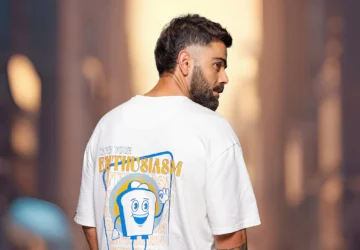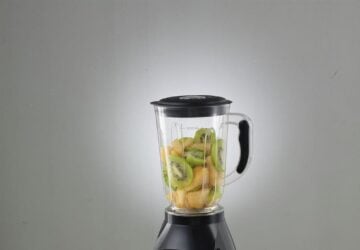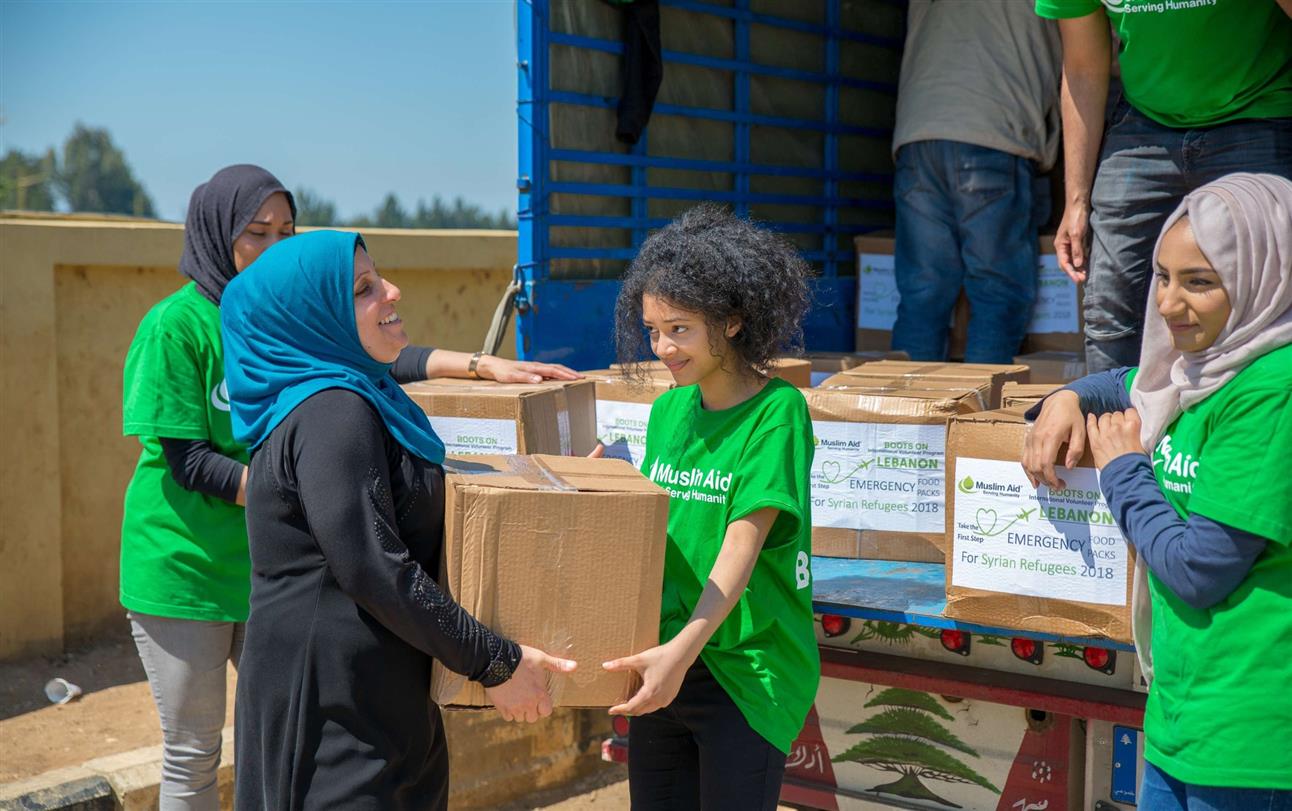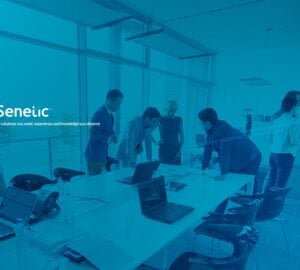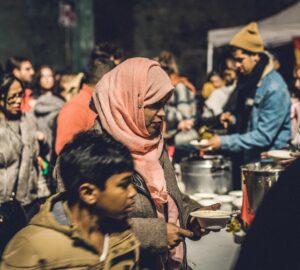Advertisement
Giving Zakat is more than a financial obligation — it is an act of worship, a source of purification, and a powerful form of social justice. But for many Muslims today, one pressing question remains: How do I know my Zakat is reaching the people who truly need it?
This is where Muslim Aid stands out. With decades of experience and a global presence, Muslim Aid ensures that your Zakat is not only distributed according to Islamic principles, but also channeled with maximum transparency, accountability, and impact.
Here’s how Muslim Aid transforms your Zakat into life-changing support for those who need it most.
Zakat with Purpose: Grounded in Islamic Principles
At its core, Zakat must fulfill certain conditions: it must be given from eligible wealth, distributed to eligible recipients (as specified in Surah At-Tawbah 9:60), and handled with integrity. Muslim Aid’s Zakat program is firmly grounded in these principles.
The organization uses a dedicated Zakat fund that is kept separate from other donations. This ensures that your contribution is used strictly for the purposes outlined in the Qur’an — including support for the poor (fuqara), needy (masakin), and those in hardship due to debt or displacement.
Identifying the Most Vulnerable — Locally and Globally
Muslim Aid operates across more than 15 countries, with local teams and partners on the ground who intimately understand the challenges of their communities. These teams identify households and individuals that meet the Islamic criteria for Zakat eligibility.
Beneficiaries often include:
- Orphaned children and widows
- Refugees and internally displaced persons
- People affected by conflict, famine, or disaster
- Families living below the poverty line without access to basic services
What sets Muslim Aid apart is the focus on dignity and empowerment — Zakat is not just handed out, it’s invested where it can restore lives and sustain futures.
Real-World Impact: What Your Zakat Supports
When you give your Zakat through Muslim Aid, you’re contributing to programs that go beyond short-term relief. These include:
Emergency Food and Shelter
In war zones and disaster-struck regions, Zakat supports urgent needs — food parcels, hygiene kits, temporary housing, and medical aid.
Livelihood and Microfinance Programs
In countries like Bangladesh and Pakistan, Zakat helps fund income-generating projects that allow families to become self-reliant, such as small business grants or vocational training for women.
Orphan Sponsorship
Muslim Aid’s Zakat-eligible orphan sponsorships cover education, nutrition, and medical care, allowing children to thrive in safe, supportive environments.
Water and Sanitation Projects
Zakat helps fund clean water wells and sanitation systems, protecting vulnerable communities from disease and improving daily life.
Verified Distribution and Transparent Reporting
Transparency is not optional — it’s built into Muslim Aid’s operations. Here’s how donors can trust where their money goes:
- Dedicated Zakat audit trails to track how and where funds are spent
- Public impact reports that show outcomes, beneficiary stories, and project updates
- Secure donor platforms where you can track your donation history and project involvement
- Zakat-specific giving options clearly marked during donation to ensure funds are correctly allocated
In a world where many worry about misuse or inefficiency, Muslim Aid provides clarity, evidence, and peace of mind.
Giving with Confidence
Zakat is one of the most powerful tools in Islam for lifting individuals out of hardship — but only when it is managed correctly and compassionately. Muslim Aid not only upholds the sacred responsibility of Zakat distribution, but also amplifies its impact by applying decades of humanitarian experience.
By donating your Zakat through Muslim Aid, you’re doing more than ticking a box — you’re participating in sustainable change, restoring dignity, and fulfilling a core tenet of faith with confidence and purpose.
Visit www.muslimaid.org to give your Zakat today and see how your contribution becomes a lifeline for the most vulnerable.
